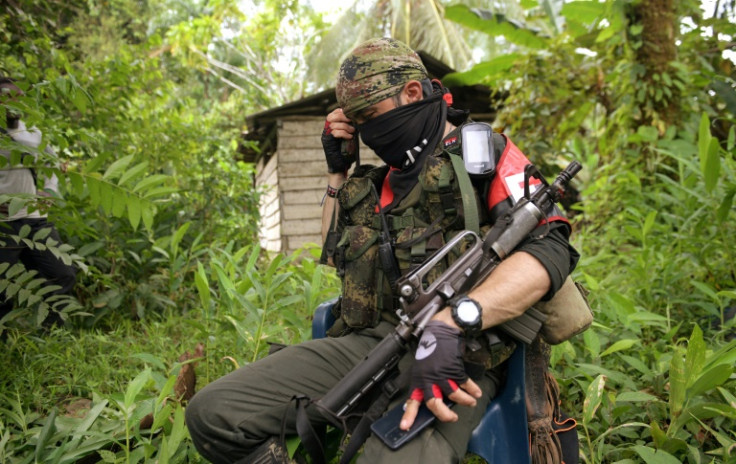
Violence against civilians in Colombia is rising amid challenges to the Gustavo Petro administration's Total Peace policy and the growing strength of armed and criminal groups, a new analysis by InSight Crime shows.
Between January and May 2024, the United Nations Office for the Coordination of Humanitarian Affairs (OCHA) reported a 36% inter-annual increase in the number of people displaced. Additionally, there was a 171% rise in people experiencing confinement and a 13.8% increase in those affected by conflict. So far, 53,600 people have been affected by confinement and 29,200 by mass displacement.
The Pacific region, encompassing the departments of Chocó, Valle del Cauca, Cauca, and Nariño, has been particularly affected by violence this year, with criminal disputes causing increased harm to civilians.
In Chocó, the National Liberation Army (ELN) and the Gaitanist Self-Defense Forces of Colombia (AGC) have been engaged in conflict over drug trafficking and illegal mining for years. In Cauca and Nariño, the ELN and dissidents of the former Revolutionary Armed Forces of Colombia (FARC), known as the ex-FARC mafia, are fighting for control of areas crucial to the drug trafficking chain, from coca cultivation to cocaine processing and maritime drug departure ports.
In Putumayo and Caquetá, the humanitarian crisis results from clashes between the Carolina Ramírez Front of the ex-FARC mafia's Central General Staff (EMC) and the Border Command, a group allied with another FARC dissident faction called the Second Marquetalia. These departments are significant coca-growing regions and key departure points for drug shipments to Ecuador and Brazil via the Putumayo River. OCHA reported that more than 17,000 people have been affected by large-scale confinements in these areas.
The increase in humanitarian incidents in Colombia coincides with the Petro administration's renewed efforts to negotiate peace deals with some of the country's largest armed groups, including the ELN and factions linked to the EMC. However, negotiations with both groups are currently stalled.
Talks with the ELN halted in February after the government initiated regional discussions with the Comuneros del Sur Front in Nariño, leading to a suspension of negotiations by the ELN. In May, the ELN announced the reactivation of extortion kidnappings, further straining relations. Although an agreement on civil society participation in the talks was signed, the ELN claims that negotiations remain frozen.
Discussions with the EMC fractured in March when President Petro suspended the ceasefire in Cauca, Nariño, and Valle del Cauca after EMC factions killed an Indigenous leader. This suspension has cast doubt on the Total Peace policy's effectiveness in reducing violence.
The armed and criminal groups have also deepened their social control through measures such as issuing IDs to inhabitants and imposing mobility restrictions in various departments. These measures allow the groups to maintain territorial control and mobilize resources without major impediments, contributing to the ongoing violence and humanitarian crisis in Colombia, the report concluded.
© 2025 Latin Times. All rights reserved. Do not reproduce without permission.





